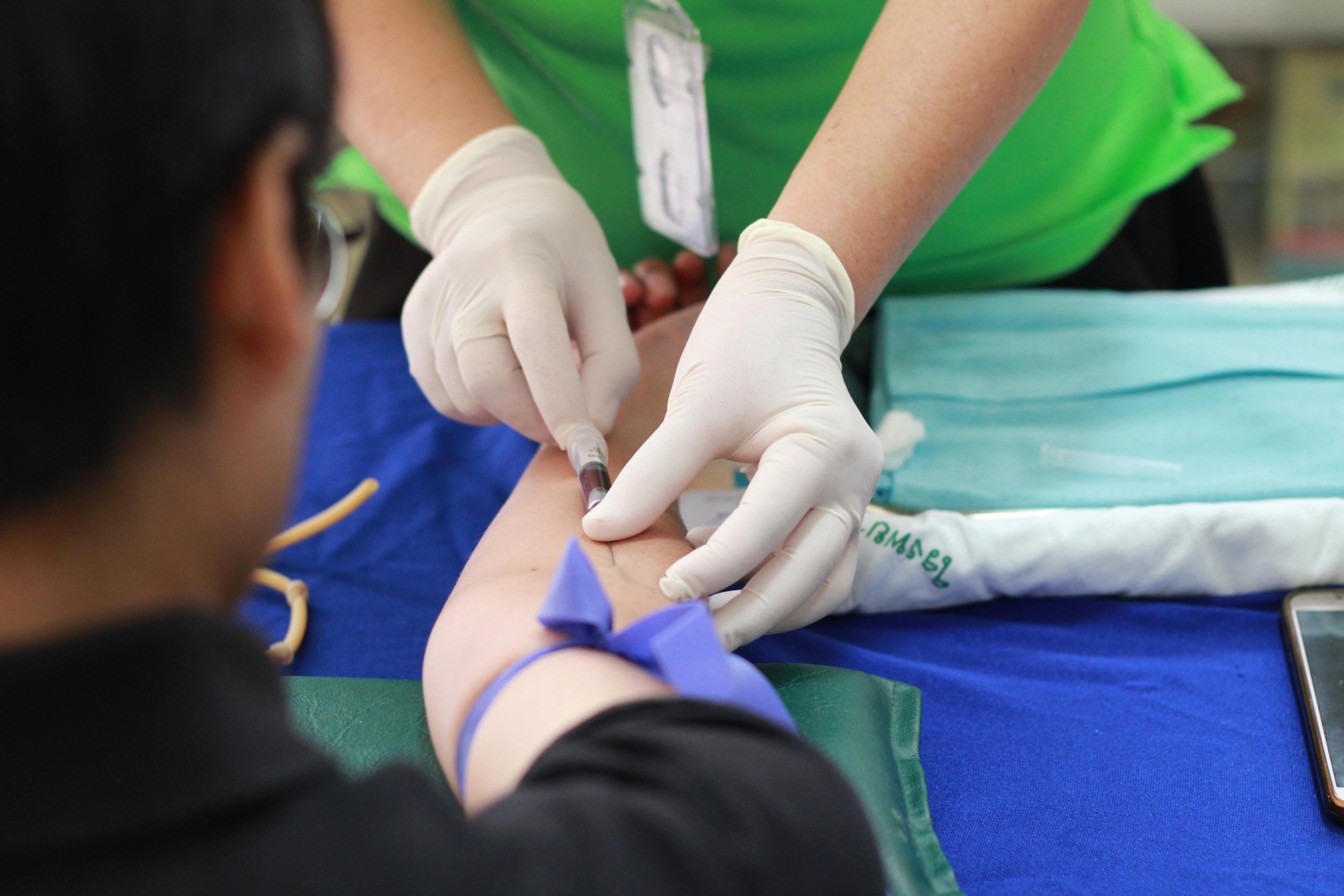Special instructions
How to prepare for your test
Prepare for your Well Man Blood Test by following these instructions. Take your sample between 6am and 10am. Take this test when any symptoms of short-term illness have settled. Avoid heavy heavy exercise for 48 hours beforehand. Avoid fatty foods for 8 hours before your test, you do not need to fast. Stay well hydrated. Take your sample at least 24 hours after any vitamin or mineral supplements. Do not take biotin supplements for two days before this test, discuss this with your doctor if it is prescribed. Do not take vitmain B12 for two weeks prior to this test. If your B12 is prescribed as your doctor where to stop.
FAQ’s
-
Here’s a breakdown of the benefits each test provides:
Iron Profile: Helps assess iron levels in your blood, which is crucial for diagnosing iron deficiency anemia or iron overload disorders. It helps monitor iron metabolism and overall energy levels.
Kidney Function Profile: Measures kidney health by looking at markers like creatinine and blood urea nitrogen (BUN), helping detect early signs of kidney disease, dehydration, or electrolyte imbalances.
Lipid Profile: Assesses cholesterol levels, including LDL (bad cholesterol), HDL (good cholesterol), and triglycerides. This test is important for evaluating your risk for cardiovascular diseases like heart attack and stroke.
Liver Function Profile: Measures liver enzymes and proteins to evaluate liver health and identify potential issues like hepatitis, cirrhosis, or fatty liver disease. Early detection of liver problems can prevent further damage.
Thyroid Function Profile: Includes tests like TSH, T3, and T4 to evaluate thyroid function. It helps diagnose thyroid disorders such as hypothyroidism (under active thyroid) or hyperthyroidism (overactive thyroid), which can affect energy, metabolism, and mood.
Vitamin Profile: Checks for deficiencies in essential vitamins like Vitamin D, B12, and folic acid, which are vital for immune function, energy production, and nerve health. Deficiencies can lead to fatigue, mood changes, and other health issues.
C-Reactive Protein (CRP): Measures inflammation levels in the body, which can help assess the risk of heart disease, infections, and chronic inflammatory conditions like arthritis.
Creatine Kinase (CK): Aids in detecting muscle damage, heart attack, or kidney injury. Elevated levels may indicate muscle injury, while low levels can suggest heart or kidney problems.
Magnesium: Measures magnesium levels in your blood, which is essential for muscle and nerve function, energy production, and bone health. Low levels can lead to muscle cramps, fatigue, and heart issues.
Testosterone: Evaluates your testosterone levels, which are important for sexual health, muscle mass, mood, and overall vitality. Imbalances can indicate hormonal disorders, stress, or aging.
Uric Acid: Helps diagnose gout and monitor kidney function. Elevated uric acid levels can lead to painful uric acid crystals in joints or kidney stones.
HbA1c: Measures average blood sugar levels over the past 2–3 months and is used to monitor and diagnose diabetes or prediabetes. It helps assess how well your blood sugar levels are controlled.
Full Blood Count (FBC): Provides a detailed picture of your blood cells, including red blood cells, white blood cells, and platelets. It helps diagnose anemia, infections, and many other conditions.
Overall, this test provides valuable insights into key health areas, from metabolic function to immune health, helping you catch potential health issues early and stay proactive about your well-being.
“I got this test for my dad and he really benefited from it - Mark Campbell ⭐⭐⭐⭐⭐”
N.B. Venous blood taking kit only.



